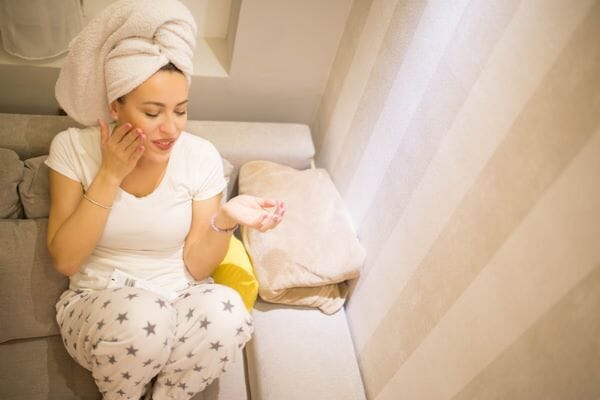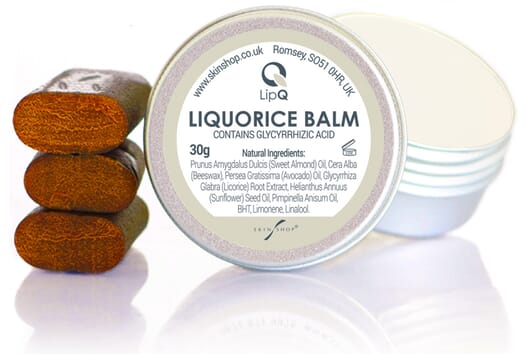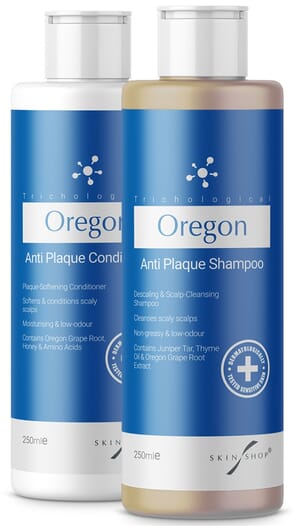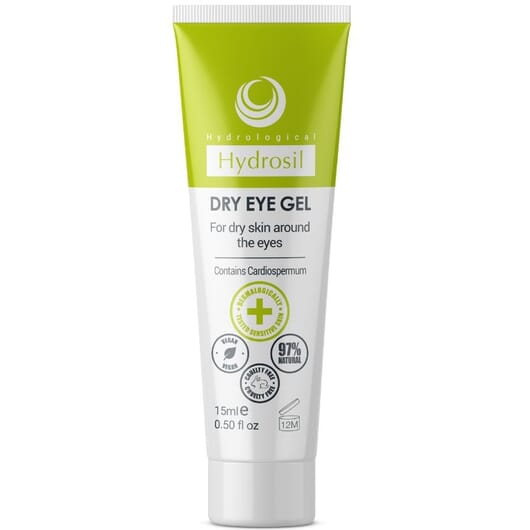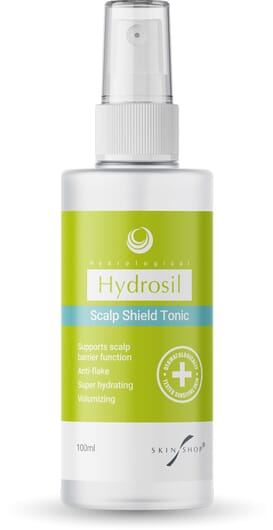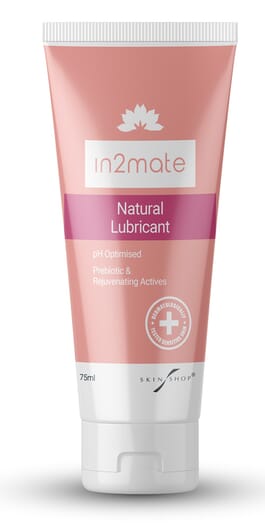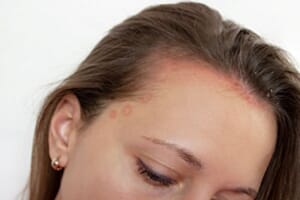OK we’ll have to finally admit it, summer is well and truly over.
As the weather has taken a distinctly chillier air over the last week, its that time of year when we start to think about turning the central heating on again. In fact many of us already have.
While this can be a welcome thought for cosiness and comfort, for skin it can be the start of a bit of skinmare, especially if you suffer from any dry skin conditions such as eczema or psoriasis.
Dermatologist and venereologist Dr Eva Melegh and professional Make Up artist Helen Andrew discuss four ways the central heating can affect skin and the best ways to avoid them.
Intimate Itching
“Few people think about how heating can affect fragile vaginal skin,” says Dr Eva.
“Intimate vaginal skin can be very susceptible to central heating at night. Centrally heated bedrooms can become very dry with low humidity that can casue vaginal dryness overnight, leaving it drier and itchier during the day, especially before and during menopause.
“It’s crucial as the central heating goes on to make sure you safeguard delicate vaginal skin by moisturising both inside and outside before bed.
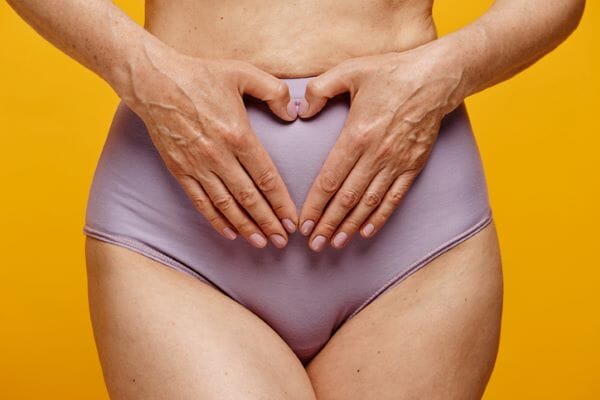
“Using an external fragrance-free intimate moisturiser and internal lubricating natural lubricant can hugely help guard against vaginal dryness from centrally heated bedrooms.
“In2mate Natural Moisturiser and In2mate Lubricant contain skin repairing prebiotics, moisturising agents and guard against fungal and bacterial build up, while being over 99% natural and free from perfumes. The lubricant is not just for sexual activity but can be used daily overnight to help repair and replenish internal vaginal skin while the moisturiser keeps external vaginal skin supple and moisturiser and protected it from dryness, chaffing and irritation.
“Also avoid wearing underwear when sleeping and use bedding that helps keep intimate skin aired.”
Inflamed & Itchy eyelids
The first to feel the effects of centrally heated environments are the eyes. Most people spend all day in a heated office and then all night in a centrally heated house.
This can quickly dry the delicate skin around the eyes which holds less moisture than the skin elsewhere on the body and face.
As soon as the skin around the eyes and on the eyelids becomes dry it can start to feel itchy and over sensitive and trigger conditions such as blepharitis and eye eczema.
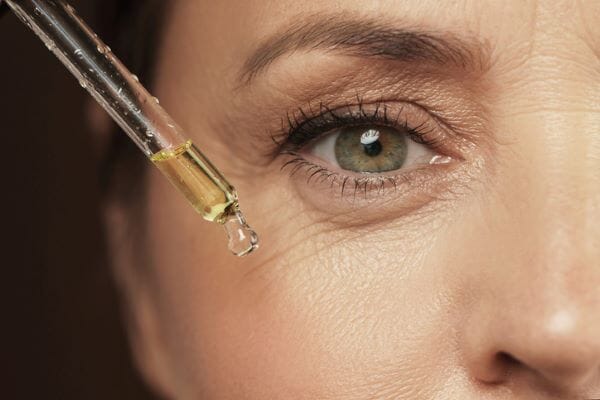
“This then can trigger a reactive chain in the skin around the eyes where it starts getting more irritated by cosmetics, contact lens solutions, make up removers and cleansers, as well as environmental irritants,” says Helen.
“This is why it’s imperative to pay special attention to the skin around the eyes as soon as the central heating goes on.
“But it’s no use slathering on layers of eyes creams as this can cause puffiness in the mornings. Barrier protection and keeping irritation under control are the keys to controlling dry eyes and itchy eyes from central heating.
“Lighter gels and serums are best for use around the eyes but used more frequently such as when you get in from work, before bed and under all eye cosmetics during the day.
“I use Hydrosil Dry Eye Gel both on myself and on my models and clients who are prone to getting itchy eyelids as it contains a plant steroid equivalent to help reduce irritation, itching the dryness around the eyes. Its brilliant for use under cosmetics and literally stops all reactions to make up. It has been a game changer for me during the winter months! Just make sure you allow 5-10 minutes for the gel to really absorb into the skin before applying your make up, this will maximise the benefits without moving the gel when applying makeup on top.
“Also avoid make up which contains talc, perfume and preservatives. These are all common irritants found in makeup. A lot of powder eyeshadows can contain talc, so I would opt for a cream based eyeshadow in winter.
“Cleaning the roots of your lashes twice a day with diluted baby shampoo can help keep symptoms under control. Dip a cotton bud into the solution and running it along the lash line (top and bottom) really helps to remove the build-up of bacteria that begins to form on the lashes through the use of makeup which can get into tiny micro cracks in dry eye lids and lead to inflammation and itching. Use one end of a clean cotton bud for each lash line to avoid cross contamination.”
Flaky Scratchy Scalp
We tend to blow dry our hair more in winter than summer as its not nice to head outside into the cold air with damp hair.
However, blow drying hair dries out the scalp at the best of times buy when combined with the central heating going on it can trigger a bout of very dry scalp, itchy scalp and flaky scalp.
“Daily blow drying of hair is a main culprit for causing scalp dryness and flaking. This goes for normal scalps as well as scalp prone to eczema, dermatitis or scalp psoriasis. If you have a dry, itchy or flaky scalp, try to let hair dry as much as possible in the house naturally before blow drying. Use a lower heat when blow drying,” says Dr Eva

Once the scalp becomes dry and starts to flake then scalp barrier function is compromised, especially if you already have an underlying dry skin condition such as eczema.
“Hydrosil Scalp Shield Tonic is a natural scalp tonic for dry scalps containing proven ingredients to help support and improve scalp barrier function as well as reduce itching and irritation.
“It contains a patented polyfructose extract from chicory root (Cichorium Intybus) which is a plant-based prebiotic complex that is proven to repair and strengthens scalp barrier function by encouraging the growth of beneficial scalp microbiota while inhibiting the growth of none-beneficial microbiota.
“Use this scalp spray liberally while hair is still damp, wrap damp hair in a towel and then allowed it to dry naturally for as long as possible before drying with a hair drier on a lower heat.
“If you suffer from scalp psoriasis, try Oregon Anti-Plaque Shampoo and Anti-Plaque Conditioner. Both are contain plant-derived ingredients, are coal-tar free and low odour. The main plant-based ingredient Orgeon Grape Root, has been shown in studies to help inhibit skin cell turnover and they also both contain plaque-softening and scalp moisturising ingredients.”
Blistered & Chapped Lips
Central heating overnight is a nightmare for lips as they tend to dry out overnight. Add a blocked nose to this and you can often wake up with chapped and cracked lips.
If you are part of the 50% of people who suffer from cold sores this can be an instant trigger for a cold sore outbreak.
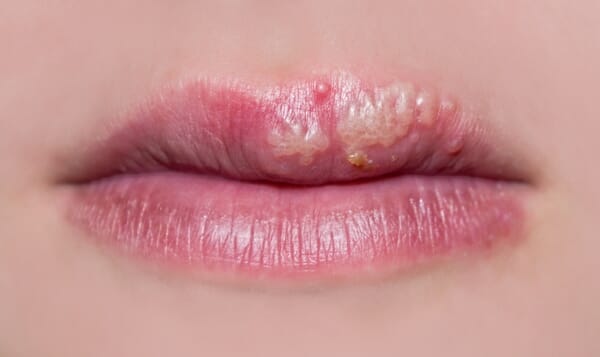
“Any micro trauma to the lips can trigger a cold sore outbreak. Dryness and chapping are a common trigger and therefore need to be avoided as much as possible,” says Dr Eva.
“Wearing a natural and nourishing lip balm several times a day helps guard against chapping and lip dehydration. Wearing a lip balm that also has an anti-viral action to help guard against cold sore outbreaks is doubly beneficial.
“LipQ Liquorice Balm does both of these things while being 100% natural, neutral in colour and perfume free. It contains a concentrated amount of liquorice root extract which has been proven in studies to have anti-viral action and the balm itself has been trialled by the Herpes Virus Association on cold sore sufferers and was found to help reduce the frequency and intensity of cold sore outbreaks.”



